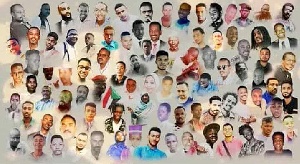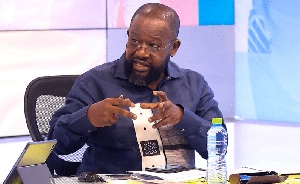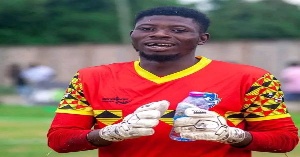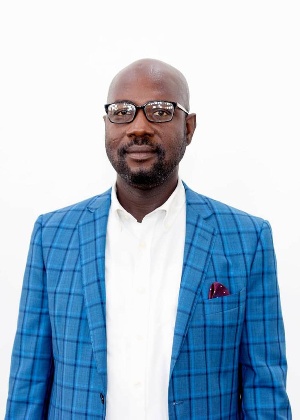Africa News of Thursday, 5 June 2025
Source: www.ghanawebbers.com
Sudan Marks 6th Anniversary of Khartoum Sit-in Massacre - Open Wounds and Demands Do Not Die
Khartoum — Today marks six years since the massacre at the General Command sit-in in Khartoum. This tragic event occurred on June 3, 2019. Calls for accountability and justice are stronger than ever. The forces of the revolution and civil society insist this crime will not be forgotten. They believe it does not fall under the statute of limitations.
On that day, military forces violently dispersed a peaceful sit-in. Young men and women lost their lives while dreaming of a free Sudan. This massacre remains a painful memory for many Sudanese people. It is also seen as a pivotal moment in the December revolution.
The Sit-In Republic: A Symbol of Hope
Observers view the sit-in as more than just a protest. It was like a "humanitarian republic," uniting Sudanese from various backgrounds. Some analysts compare it to the Paris Commune for its symbolic significance. It aimed to create a new reality beyond the old regime.
Renewed Calls for Justice
On this anniversary, several groups reaffirmed their stance on the massacre:
- "Angry without Borders": They state that the massacre did not end the revolution but revealed its enemies. They vow to resist what they call "Janjaweed militia" until Sudan is liberated.
- Sudan Constituent Alliance: This coalition blames the old Islamist regime for both the massacre and current conflicts. They criticized military leaders for avoiding investigation while Rapid Support leaders appeared before committees.
- Bahri Neighborhood Committees: These resistance groups labeled the massacre as cold-blooded murder. They emphasize that retreat is not an option and justice will come.
Calls for Military Reform
The preliminary committee of the Sudan Medical Syndicate condemned the massacre as a dark chapter in history. They advocate for a national army focused on protecting citizens rather than engaging in politics.
Civil Democratic Alliance (Samoud): This group opposes any cancellation of inquiry clauses related to constitutional amendments. They see ongoing conflicts as attempts to undermine democracy and pledge support for civilian rule.
Identifying Perpetrators
Political activist Jaafar Khader from Gedaref named military leaders involved in dispersing the sit-in, including Abdel Fattah al-Burhan and Mohamed Hamdan Daglo (Hemedti). He dismissed claims about unknown RSF elements being responsible, praising honorable members of armed forces instead.
Khader clarified that naming these leaders does not equate to opposing all military institutions, especially during current battles against foreign aggression.
Demanding Justice
Sudanese and international human rights organizations continue to call for an independent investigation into this crime. They criticize official evasion regarding accountability, stating that true transitional justice cannot ignore past events.
As war rages in Sudan, achieving justice becomes crucial for lasting peace. The sixth anniversary serves as a reminder of martyrs' sacrifices and reinforces commitment to continue fighting for truth and justice, no matter how long it takes.











